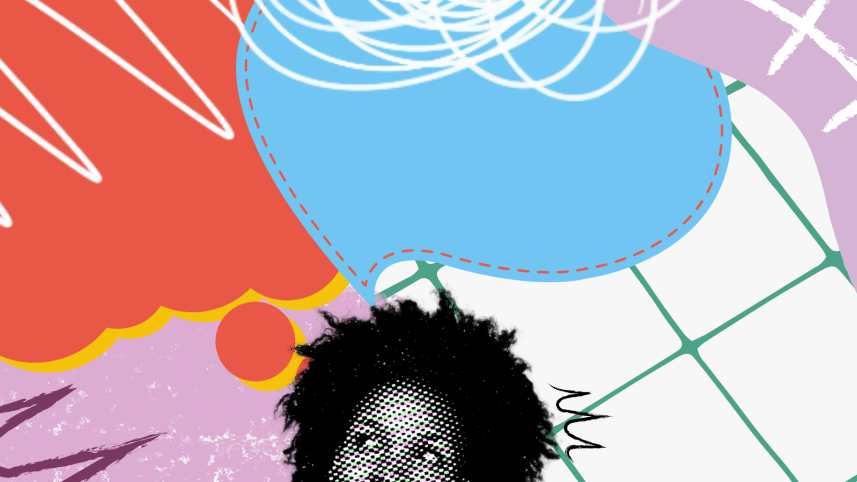Why we escape reality through daydreaming

Life may be unpredictable. We can never be sure of what tomorrow holds for us — though, it is only natural to be optimistic about the future. More often than not things don't go our way, which we've got to accept and move on with. Coping with this can become much easier if we carefully consider the outcomes of the decisions we take. By envisioning what impact our can choices make, we will be more ready for whatever circumstances await us, helping us make better decisions.
Coming up with "fake scenarios" in our heads is a great way of predicting the repercussions. This can be done for nerve-wracking situations, such as an important meeting or a first day at a new school. We can think of a number of possible scenarios that we might have to encounter, carve out a suitable mindset and prepare to take on the day accordingly. By imagining different scenarios, we can get a glimpse of how things might pan out and feel like we are more in control.
Moreover, envisioning different sequences of events also helps us adapt to situations. A person has several nuances to their personalities, not all of which may be well suited to certain surroundings. By plotting out which sides of ourselves we want to shine through, we can be better prepared for whatever emerges. Besides this, a major benefit of daydreaming is that it helps us escape reality. With the crippling stress of our daily lives, it is easy to become overwhelmed. By pondering up a tranquil image in our heads, we can, for a while, let go and de-stress.
Given all these advantages, daydreaming can have an effect on us in more ways than one. It is easy to get worked up, become fixated on one thing, and then overthink. This leads to anxiety, leaving one emotionally distressed. As for the scenarios that can never happen in real life, they are left rummaging in our minds. When the expectations fall short of our desired outcomes, we become demoralised.
One can find so much clarity in daydreaming, that it becomes a coping mechanism they resort to too often. Precious hours of our day can be wasted by imagining what we could have done differently and confiding in unrealistic renditions of ourselves. Playing make-believe can lead to a lack of productivity, and we often rely on them to feel emotionally secure. Even though we're aware that the fantasy world in our head ceases to exist, we find refuge in it.
Despite all this, daydreaming is still not a bad thing. If controlled, it can be a way for us to take our minds off things in a fun way, envision new ideas, spark creativity, and even plan our day-to-day lives. It instils within us a worldview that prepares us for the worst-case scenario while giving us a grasp on reality and capping expectations.




 For all latest news, follow The Daily Star's Google News channel.
For all latest news, follow The Daily Star's Google News channel.
Comments